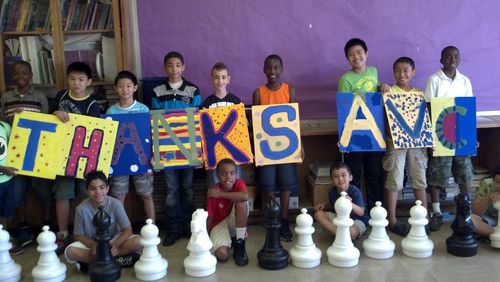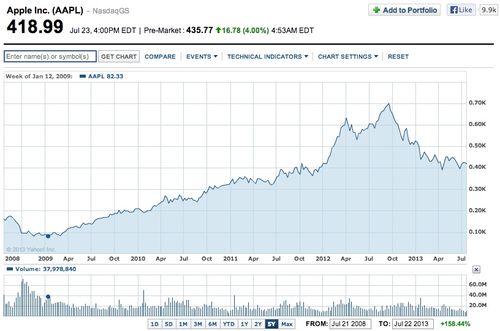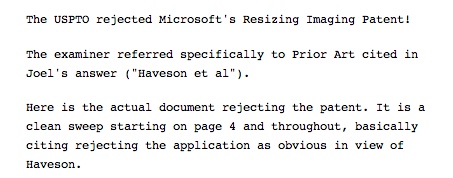The Grind
People ask me what a day in the life of a VC is like. Each one is different. But they can be a grind. Take yesterday for example.
I started yesterday at 8am with a breakfast meeting. I ended around 8:15pm when I wrapped up a pitch meeting in my office. In between those two meetings I did ten other meetings for a total of twelve meetings in a bit more than twelve hours.
Of those twelve meetings, one was a three hour board meeting, one was a breakfast meeting with another venture investor, one was a lunch meeting to talk about CS Ed in NYC, four were pitch meetings, one was an interview with a journalist about the future of VC, one was a call to discuss board subcommittee work, one was a meeting with regulatory consultants for bitcoin and other payments systems, one was a negotiation on the windup of a seventeen year old VC transaction, and one was a visit to my dermatologist for a regular checkup.
In the middle of all that http://avc.com went down due to an apache config issue somewhere and I was debugging it via email and kik. I think I've got a temporary fix working and now I need to find out what the culprit is and get it fixed.
Before starting my day yesterday, I got up at 5am and read, blogged, and did email for 2 hours and 45 minutes before taking a quick shower and going to breakast.
After ending my day, I met my son for sushi at Chez Sardine. After dinner, I went home and went to bed around 11:30pm.
Depending on your perspective, my day yesterday will either seem stimulating or exhausting. It is both. I love my job. I get to meet amazing people and learn about awesome things every day. But the cost of that is meeting marathons where you have to be alert, active, and on your game in every one.
My goal is to give every entrepreneur as good of a meeting as I possibly can. A second goal is to give as many entrepreneurs as possible an opportunity to meet with me and pitch me if they want to do that. That requires many days like yesterday. And that can be a grind.
The goal of this post is not to complain or whine. I hope it doesn't come across that way. The goal, as always, is to "open the kimono". To give you a hint of the mindset of the person you are going to meet with today (or someday) and understand what their day is like and how they are coming into the meeting. Do us all a favor and give us a good meeting too. It helps. A lot.



